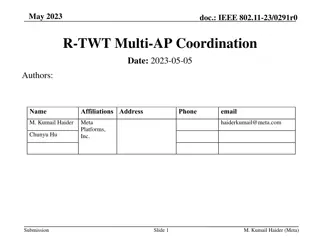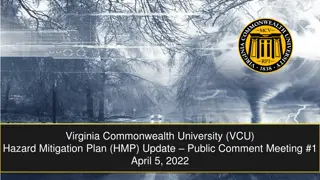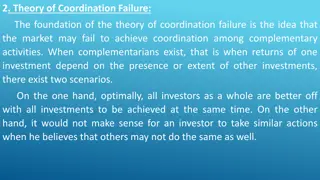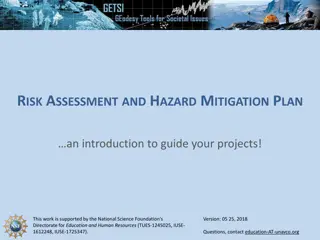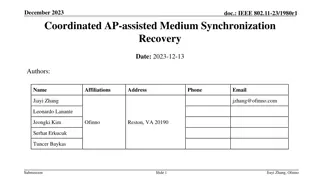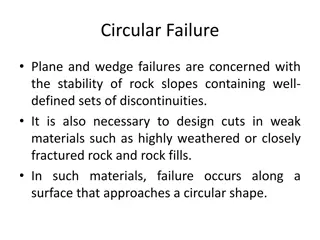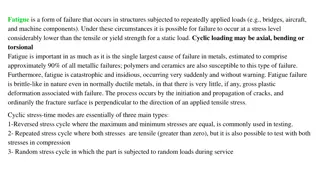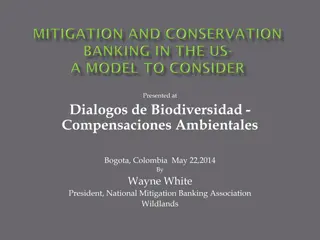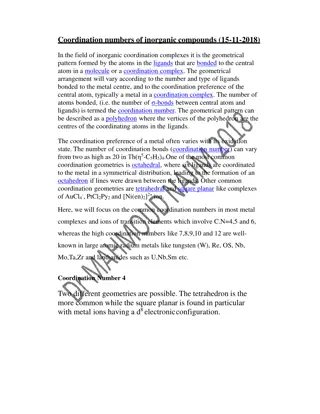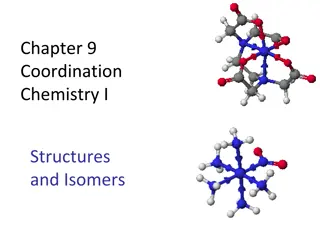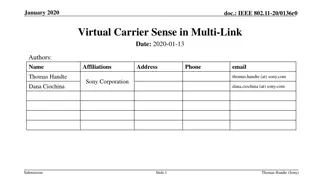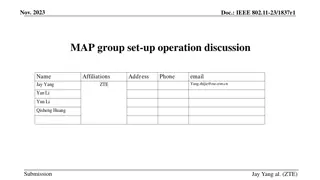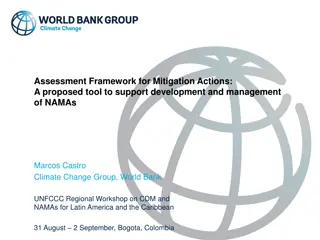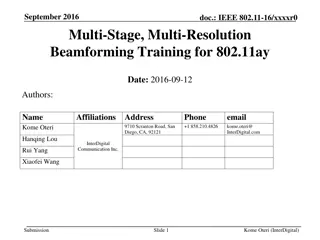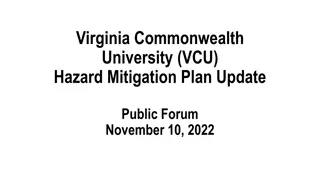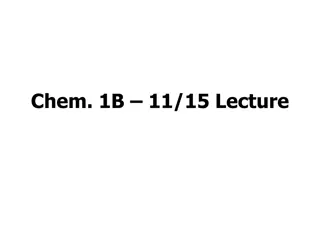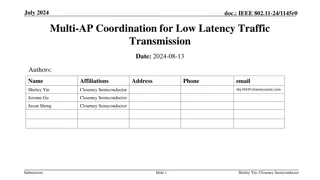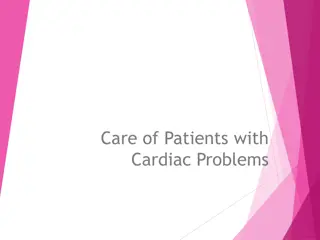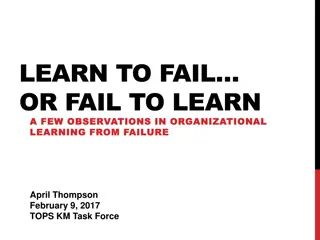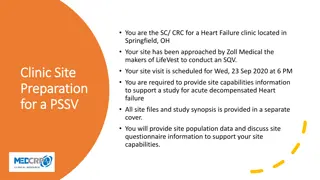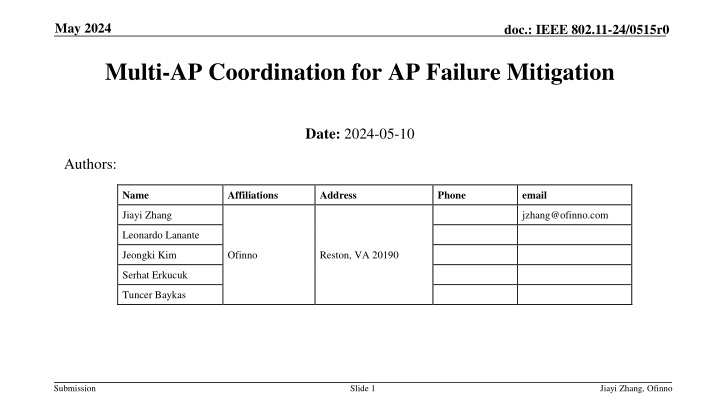
IEEE 802.11-24 Multi-AP Coordination for AP Failure Mitigation
Explore methods of multi-AP coordination to mitigate AP failure in IEEE 802.11-24, focusing on enhancing Ultra High Reliability (UHR) capabilities for improved performance and efficiency. Learn how AP power saving features and smooth roaming techniques play a crucial role in supporting AP failure mitigation and seamless connectivity in various use cases.
Download Presentation

Please find below an Image/Link to download the presentation.
The content on the website is provided AS IS for your information and personal use only. It may not be sold, licensed, or shared on other websites without obtaining consent from the author. If you encounter any issues during the download, it is possible that the publisher has removed the file from their server.
You are allowed to download the files provided on this website for personal or commercial use, subject to the condition that they are used lawfully. All files are the property of their respective owners.
The content on the website is provided AS IS for your information and personal use only. It may not be sold, licensed, or shared on other websites without obtaining consent from the author.
E N D
Presentation Transcript
May 2024 doc.: IEEE 802.11-24/0515r0 Multi-AP Coordination for AP Failure Mitigation Date: 2024-05-10 Authors: Name Affiliations Address Phone email Jiayi Zhang jzhang@ofinno.com Leonardo Lanante Jeongki Kim Ofinno Reston, VA 20190 Serhat Erkucuk Tuncer Baykas Submission Slide 1 Jiayi Zhang, Ofinno
May 2024 doc.: IEEE 802.11-24/0515r0 Abstract In PAR of P802.11bn, the Ultra High Reliability (UHR) capability has been defined to improve Rate-vs-Range enhancement, reduce latency, and reduce power consumption for AP, compared to Extremely High Throughput (EHT) MAC/PHY operation. Multi-AP operation (aka. Multi-AP coordination/transmission) has been discussed as one of the key candidate features to meet the requirement of UHR capability. In this contribution, we discuss some methods of multi-AP coordination to mitigate AP failure, including the support of unscheduled power-off. Submission Slide 2 Jiayi Zhang, Ofinno
May 2024 doc.: IEEE 802.11-24/0515r0 Background Scheduled and unscheduled AP power saving features have been discussed in UHR SG and TGbn [22/0015, 23/0010, 23/1965, 23/0225, 23/1922]. As discussed, AP power save feature may introduce potential issues, such as STA may experience (temporary) loss of connectivity, high roaming delay, or loss of synchronization [23/1835]. AP failure refers to an unscheduled event that occurs without notice and that results in the AP becoming non-operational. Use Case/Examples: Fixed AP may be damaged in a fire, water leakage, voltage spikes, etc. inside a building Mobile AP may be damaged after being established for public safety communications, e.g., first responders, firefighters, emergency health care providers, rescue team, etc. When a failure occurs in an AP, associated STAs need to transfer from the AP to a new/target AP. To support AP failure mitigation, it would be beneficial to improve roaming. Smooth roaming, aka seamless roaming which discussed for UHR [22/1910, 23/0170, 23/0231]. Smooth roaming may be improved by leveraging multi-AP operations [23/0295]. Slide 3 Submission Jiayi Zhang, Ofinno
May 2024 doc.: IEEE 802.11-24/0515r0 STA (Re)association with AP Failure/Unscheduled Power-Off AP1 and AP 2 are in different BSSs forming a multi-AP group via a wireless backhaul. AP1 may fail unexpectedly or be unscheduled power off. As such, AP1 will become unavailable for serving associated STA1 and STA2 once such event occurs without an early notice. STA1 and STA2 may respectively detect AP1 failure/unscheduled power-off and need to initiate separate (re)association procedures to associate with AP2. Delay/overhead may be significantly increased by the number of STAs transmitting reassociate request frames to AP2 and receiving reassociate response frames from AP2. Beacon AP1 AP Failure/power-off (Re)asso. (Re)asso. Response Response Beacon AP2 (Re)asso. Request STA1 detects AP1 failure STA1 (Re)asso. Request STA2 detects AP1 failure STA2 Submission Slide 4 Jiayi Zhang, Ofinno
May 2024 doc.: IEEE 802.11-24/0515r0 STA (Re)association Coordination for AP Failure/Unscheduled Power-Off AP1 and AP2, e.g. within a multi-AP group, may broadcast beacon frames exchanging capability information of supporting AP failure mitigation capability. STA1 detects AP1 failure/power-off and reports the AP1 failure/power-off to AP2. When reporting, STA1 may also request for (re)association with AP2. AP2 optionally sends a check frame to AP1 to verify AP1 S status. AP2 determines failure of AP1 and sends notification (or request) frame to STA1 and STA2 to transfer their associations from AP1 to AP2. Beacon Beacon Ack AP1 AP failure/power-off Beacon Beacon Check notify Req/ Ack AP2 STA1 detects AP1 failure Report Rsp/ Ack STA1 Rsp/ Ack STA2 Submission Slide 5 Jiayi Zhang, Ofinno
May 2024 doc.: IEEE 802.11-24/0515r0 Summary In this contribution, we shared some thoughts of multi-AP coordination for mitigating AP failure/unscheduled power-off. Submission Slide 6 Jiayi Zhang, Ofinno
May 2024 doc.: IEEE 802.11-24/0515r0 References 1. 2. 3. 4. 5. 6. 7. 8. 9. 10. 23/0231, Thoughts on Seamless Roaming Under the Non-collocated AP MLD Architecture, Guogang Huang (Huawei) 11. 23/0279, Considerations on Seamless Roaming, Insun Jang (LG Electronics) 23/0480, UHR proposed PAR, Laurent Cariou (Intel) 22/0015, AP MLD power management, Liwen Chu (NXP) 23/0010, Considerations for enabling AP power save, Alfred Asterjadhi (Qualcomm) 23/1965, Dynamic power save follow up, Alfred Asterjadhi (Qualcomm) 23/0225, Considering Unscheduled AP Power Save, Guogang Huang (Huawei) 23/1922, Multi Link SM Power Save Mode, Jason Yuchen Guo (Huawei) 23/1835, AP Power Management, Yongsen Ma (Samsung) 22/1910, Seamless Roaming for UHR, Duncan Ho (Qualcomm) 23/0170, Smooth roaming discussion, Liwen Chu (NXP) Submission Slide 7 Jiayi Zhang, Ofinno

